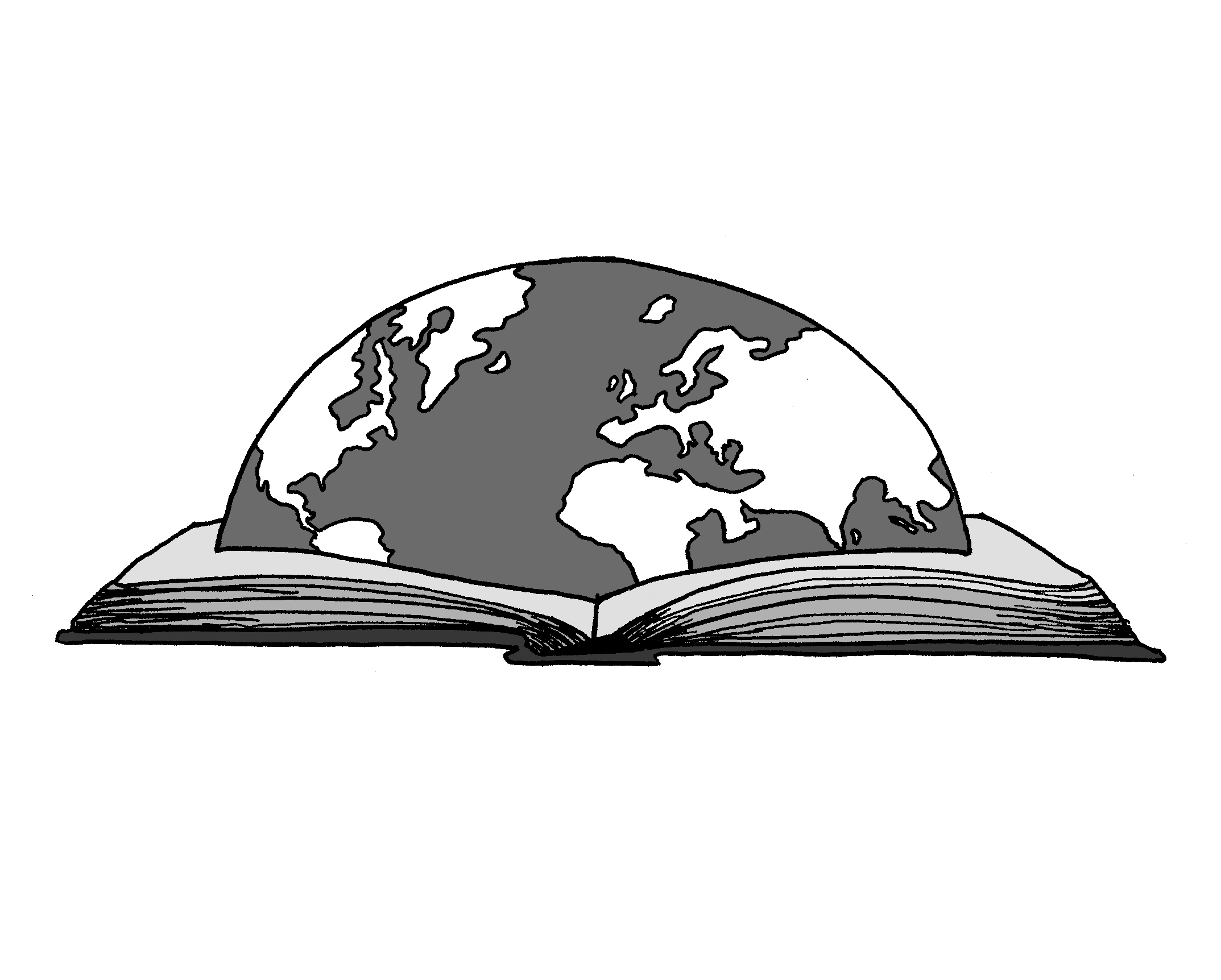An international perspective: educate don’t separate
September 13, 2019
 This
piece represents the opinion of the author
.
This
piece represents the opinion of the author
.
 Sydney Reaper
Sydney ReaperEver since I came to Bowdoin in the fall of 2018, I have been asked endless questions about my background. Some of my classmates knew a bit about Romania, while others had no idea that it is even a country.
“Is it a river, bro?”
In the past, my gut response was to get angry, and to target those students as ignorant and tag them as people I should avoid in the future. It made me feel that my complex identity was not acknowledged, and for many, the only thing that they saw was “white.” Not Romanian, not low-class, not that I came from an industrial city.
My immediate response was to avoid the people that did not have any prior knowledge about Romania— those that did not know whether or not we ate bread there, or were unsure whether or not we were even a real country. The isolation kept me safe and surrounded by people that were sharing the same experience: other international students.
We would meet and complain about the stupidity of some of the questions that we got asked: Do you eat ice cream in your home country? Do you have houses in which you live? Do people live in tents? What we did not realize was that by calling those questions stupid and separating ourselves from the people that asked them, we were creating an even greater divide.
It was not their fault. Instead the problem we face lies in the failure of the educational system and mass media to show a world beyond where the borders of America end. Unfortunately, the world is filled with American-dominated media and arts. Most international students—even back home—consume American media, watch American cartoons, play American games and base their understanding of the world on American ideals.
Why, then, would we assume classmates who haven’t left the United States would be knowledgeable about our home? The geography of the world was a topic left behind in their schools. Understanding the importance of languages in shaping culture and behaviors was left untouched for some, while others got a small grasp of it in high school.
The history of the world has at times meant only the history of Western European states (and their conflict with Communist countries). And when the system is only looking inwards, how can we expect people to know specific details of our countries? We attack individuals because of their ignorance, at times without offering anything beneficial in return.
Instead of separation, let’s aim at education. No one can have an understanding of everything happening in the world.
Separating ourselves from others does not benefit anyone in the long run, especially when we argue they need to educate themselves. When talking about the necessity of having an aware, educated student body, we must also acknowledge the crucial part that we as international students play in this process. While I don’t presume to speak on behalf of the international community at Bowdoin, I would urge everyone to be patient and kind: educate, don’t separate.
Radu Stochita is a member of the class of 2022.
Comments
Before submitting a comment, please review our comment policy. Some key points from the policy:
- No hate speech, profanity, disrespectful or threatening comments.
- No personal attacks on reporters.
- Comments must be under 200 words.
- You are strongly encouraged to use a real name or identifier ("Class of '92").
- Any comments made with an email address that does not belong to you will get removed.

Well said and well written Stoc—and there’s kindness coming from you in this piece, and not rage. I read in this that you have come to understand the questions from people about your birth country are not meant to mock, belittle or to even suggest that Romania is a backward, primitive country no one knows about. If people ask you about Romania, (as I do constantly) I appreciate your open-mindedness—we ask because we are curious, and because we have not been educated about Romania. Alas, Hollywood has done much to misrepresent nations and people and etc. etc. etc. Stoc, it is now YOUR job to educate all of us about the land of your birth. Most of us really want to know. And of course one great way to learn is to encourage everyone to listen to GRANNY AND THE ROMANIAN radio show (I’ll be the Granny, you the Romanian) — show times and dates TBD. Stoc, I still have friends in Cal. who ask me if I fear bears stomping around my Maine neighborhood. They mean no harm–remember, “the only stupid question is the one never asked.” We who ask really want to know. Now you must teach us!